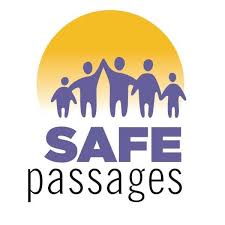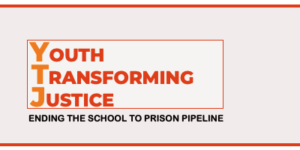Restorative Practices successfully interrupt the School-to-Prison Pipeline
Far too often, students of color and differently abled students have been pushed out of school through exclusionary discipline practices such as out-of-school suspension and expulsion. For those students, a suspension can be life altering. A recent study by the Government Accountability Office found that students who have been suspended “lose important instructional time, are less likely to graduate on time, and more likely to repeat a grade, drop out of school, and become involved in the juvenile justice system.”
Restorative Practices offer meaningful alternatives to exclusionary discipline. Children who have caused harm and/or engaged in misconduct and wrongdoing have the opportunity to take responsibility for their actions, understand the impact of their choices on others, make amends to those harmed, learn from their mistakes and develop the skills to make better choices in the future. They also deepen their connection to trusted adults and their peers and experience a greater sense of belonging at school, which leads to improved attendance and educational outcomes.







